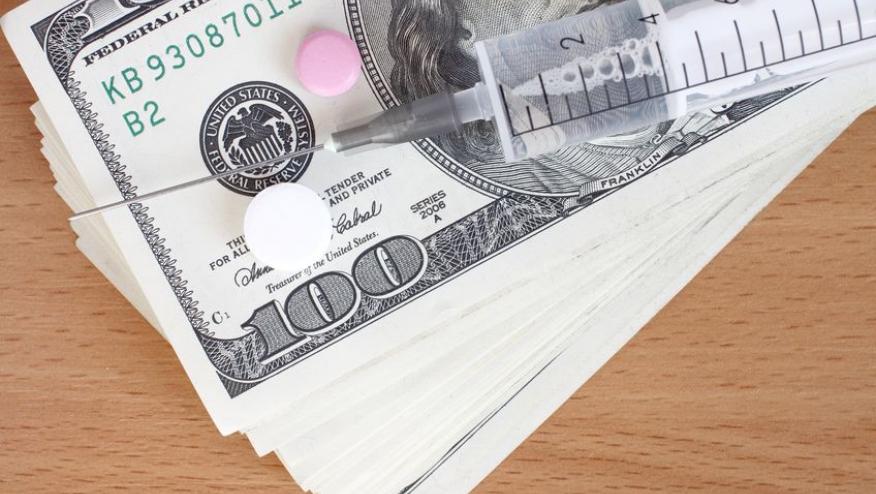Patients with Financial Limits Struggle with Medication Adherence Save

Analysis of the National Health Interview Survey shows that nearly 1 in 5 patients with rheumatologic disease in the United States struggled economically, suffering from food insecurity and cost related medication (CRM) nonadherence.
This study evaluated contemporary patterns of financial toxicity among patients with rheumatologic disease and assessed for related factors and outcomes.
The NHIS study collected data on diagnosis, demographics and self-reported financial metrics (medical bills, financial distress, food insecurity, and CRM) nonadherence).
Nearly 20% of 41,502 rheumatic patients had some financial hardship due to medical bills; with over half (55%) unable to pay those bills. Having a rheumatologic disease increased the odds of financial hardship from medical bills (adjusted OR 1.29; 95% confidence interval, 1.22–1.36; p < 0.001).
Financial distress was associated with 29% higher risk of food insecurity, and 58% were more likely to skipping doses, take less medication, or delaying a prescription.
Financial hardship among patients with rheumatologic disease was associated with being younger, male, Black, and uninsured (p < 0.001 for all).
The intersection of healthcare and financial hardships needs to be addressed in public policy.
This article was similarly reported by Medscape.










If you are a health practitioner, you may Login/Register to comment.
Due to the nature of these comment forums, only health practitioners are allowed to comment at this time.